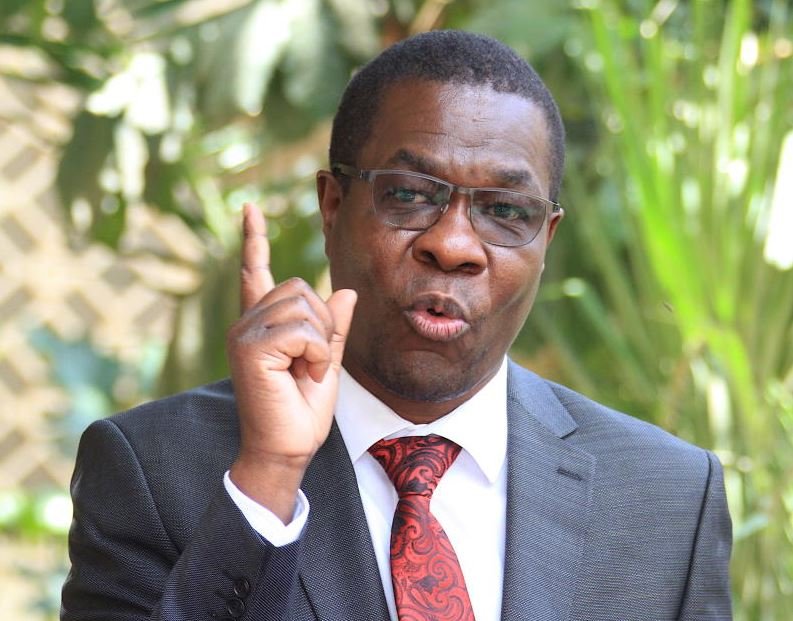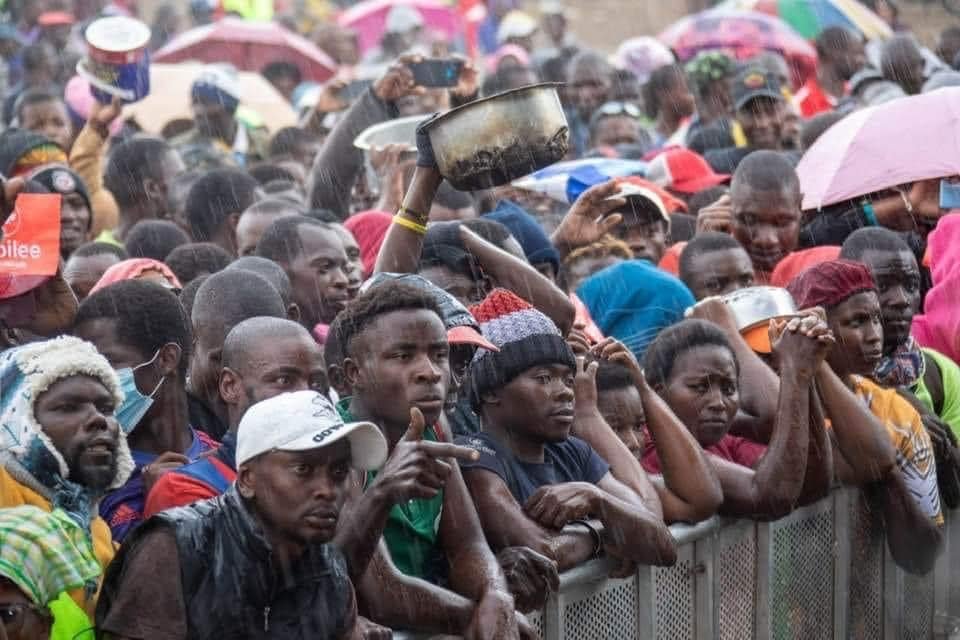The year 2023 has been a defining one for the country in more ways than one -whether on the social, political or economic front. It was bound to happen, anyway.
Every Kenyan agrees that the newly elected Kenya Kwanza administration began with heightened political tensions pitting the ruling coalition against the opposition Azimio la Umoja One Kenya Alliance.
At the start of the year, the opposing teams engaged in protracted political battles revolving around electoral reforms, especially those touching on the conduct of the 2022 presidential elections and other governance issues. These would later drag on into the year, shaping policy and political discussions and decisions.
2023 also saw the country go through one of the most radical economic shifts by introducing policies such as the contentious Finance Act of 2023. The Act, which was opposed by many before being signed into law by President William Ruto in June (same year), introduced, among other things, new levies and taxes on the earnings of employed Kenyans and local manufacturers.
Touted as a necessary evil in the wake of the mounting public debt, the Act received heavy criticism from the public and the opposition, as some government leaders also criticised the introduction of ‘discriminatory levies’ such as the housing levy fund.
Experts say a tax on spending, such as Value-Added Tax (VAT), would have been more inclusive and that the government would have moved VAT from the current 16% to 17% and imposed a lower housing levy rate. The High Court threw out the housing levy fund in November, declaring it unconstitutional.
Another interesting twist is how the country is managing its public debt. For the first time, Kenya’s public debt crossed the Sh10 trillion ceiling set by Parliament as it engaged more domestic and foreign lenders to service previous loans to finance critical projects and programmes.
Documents tabled in Parliament by the National Treasury showed that the debt crossed the Sh10 trillion mark by about Sh278 billion as of the close of June 2023, with the new figures also linked to the decline of the Kenyan shillings against the US dollar.
Governance expert and Professor at Multi-Media University Gitile Naituli says that as the business environment gets more hostile, the last 12 months have been one of the most challenging periods the country has faced in a long time. Prof Naituli argues that part of the reason is the mounting pressure that those in government, especially President Ruto, have been facing as policies and economic interventions fail to charm the masses.
“Dr Ruto’s campaign messaging was largely based on the platform of economic liberation theology. But for that transformation to be achieved or even seen, there is an urgent need for diverse transformational ideas, which can lead to a composite approach to national issues. A continuation of the current transactional approach to national duty is no longer tenable,” Naituli said.
Strong Economy
While campaigning for the presidency last year, Dr Ruto promised Kenyans a strong economy, saying his government would prioritise people at the bottom of the pyramid. It started with campaigns and rallies across the country where he said that his administration would enact and promote policies that are friendly to the ordinary people he said had been ignored by previous administrations. This plan would include reversing retrogressive policies enacted by his predecessor, former President Uhuru Kenyatta. His supporters expected the shift to be automatic.
But a year into office, the President has had to contend with tough economic choices, including raising taxes to balance books and dealing with the growing public debt.
Ruto has also come face to face with hard political decisions emanating mainly from the opposition coalition, which vowed to demonstrate against the government earlier this year.
At home within his ruling Kenya Kwanza Alliance, the President has had no choice but to rein in a growing internal supremacy battle involving some of his lieutenants and allies, including deputy president Rigathi Gachagua, public service cabinet secretary Moses Kuria, National Assembly leader of majority Kimani Ichung’wa and others.
National Assembly leader of minority and Ugunja MP Opiyo Wandayi says that the problems that the Head of State currently faces could be a part of his own making.
“You cannot manage the economy through propaganda. One year later, all indicators indicate that life is deteriorating and not improving. Look at the dollar or even the escalating cost of living,” Wandayi said.
Those in government, like Belgut MP Nelson Koech, disagree, arguing that President Ruto has done much work to steer the country in the right direction.
Could he have shot himself in the foot?
Mr Koech defends Ruto’s record in office, singling out efforts such as that to lower the cost of essential goods and commodities.
“When we were in the elections, one of our rallying calls was that we were going to bring the cost of Unga to Sh200 or even below, and now the cost has come down, even though some critics are still brushing that aside,” says the legislator.
Other achievements the government has been lauded for include the heightened efforts on climate change championed by President Ruto, which has since seen the signing of multi-billion climate action deals and the ongoing efforts to plant trees across the country, among many others.
Hustler Fund
Supporters of the President have also pointed out programmes such as the Hustler Fund, which, since its launch in November 2022, has extended loans of about Sh39.7 billion to 21.8 million people.
Besides the political and economic challenges, the Kenya Kwanza administration has also had to contend with growing graft and mega scandals in government, threatening to derail President Ruto’s campaign promises to deal with graft in government.
Some of the latest scandals that have rocked the government include the multi-billion shillings cooking oil deal, which, according to investigative authorities, has since roped in at least two cabinet secretaries.
Prof Naituli says that moving into the new year, President Ruto will face the daunting task of moving past the hurdles that marred his first year in office to deliver on his agenda.
“It is becoming increasingly clear that Kenya Kwanza’s governmental practice is at great variance with their campaign rhetoric. Turning around an economy calls for a series of well-thought-out actions coupled with personal incorruptibility of leadership, deep commitment to transforming the country and a resolute resolve on the war against corruption.
“Without instilling fiscal discipline at the top level of government, public service as well as established institutions and commissions, stabilisation of the economy remains a pipe dream,” Naituli explains.


